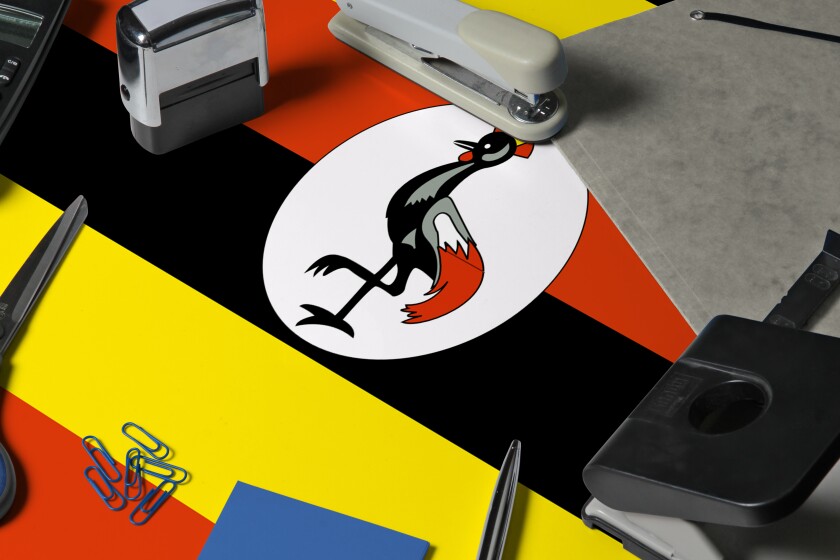Uganda’s new trademark regulations – the Trademark Regulations, No. 85 of 2023 – came into effect on February 2 2024. The new regulations supersede:
The Trademark Regulations, No.58 of 2012; and
The amendments introduced by the Trademark (Amendment) Regulations, No.9 of 2021.
The most notable changes involve the publication of trademarks. While trademarks were previously published by the Uganda Printing and Publishing Corporation (UPPC), more recently, an electronic journal managed by the Uganda Registration Services Bureau (URSB) became available. This was a welcome development, as it standardised the cost of publication and enabled advertisements to be accessed via the URSB’s website.
Following the issuance of the new regulations, the following changes and developments are noted.
The publication of applications and notices
The publication of trademark applications and notices must, once again, appear in the Uganda Gazette, printed by the UPPC – there will be no further publication of applications and notices in the electronic URSB Intellectual Property Journal.
The republication of trademarks
All trademarks previously published in the electronic URSB Intellectual Property Journal must be republished in a special supplement of the Uganda Gazette by May 2 2024. This republication will be organised and funded by the URSB and UPPC, and no action is required by applicants.
Concerns have been raised that this republication should not reopen any finalised matters, such as the 60-day opposition period. The advice of the attorney general is being sought on this point.
Comment
The 2023 regulations are a welcome development, but the concerns touched on above do need to be addressed. Spoor & Fisher is monitoring the situation closely and will advise further as soon as there is news.












